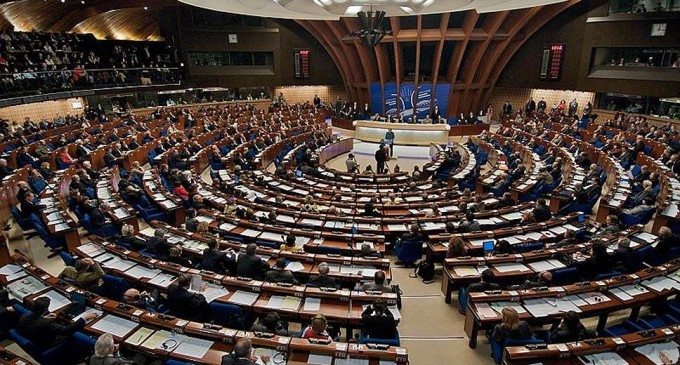In REU named after G.V. Plekhanov held a meeting of the Commission on the Legal Support of the Digital Economy at the Moscow branch of the Russian Association of Lawyers. The members of the Commission discussed the draft laws “On digital financial assets” and “On attracting investments using investment platforms” (“On crowdfunding”) adopted by the State Duma in the first reading. Recently, the Civil Code was also amended, in which “digital rights” to blockchain tokens were introduced.
Commission experts consider the changes to the Civil Code to be justified in practice: now the owners of cryptoactive assets have received protection in the courts, and the prosecutor’s office has ceased to look at the relevant operations.
So, the amendment even before their adoption was referred to by the court of appeal in the landmark bankrupt Dele Tsarkova, and recently the prosecutor's office of the Omsk region, appealing to the same amendments, withdrew its lawsuit against the resource bestchange.ru. Thus, changes in the Civil Code of the Russian Federation on “digital rights” (with all their ambiguities) have already brought some benefit to society.
“Nevertheless, the changes in the Civil Code of the Russian Federation are not perfect,” said Commission Chairman, Managing Partner of the EDB Law Firm Alexander Zhuravlev. He believes that the imperfection of changes in the Civil Code can still be corrected by the adoption of special bills.
The meeting participants identified the weaknesses of the bills and proposed changes. It was noted that the bills establish the legal regime of a separate type of token (security tokens), leaving behind the issues of regulation of cryptocurrency. The bills do not regulate relations within the framework of decentralized public systems and digital products based on them.
According to experts of the Commission, the absence in these bills of signs of decentralized systems in conjunction with the rule on digital rights will create conditions for the recognition of illegal transactions with digital products based on decentralized public systems.
Also, the draft laws do not provide for the possibility of working with foreign investors through foreign bank accounts. This limits the ability to attract investments in the Russian Federation, as well as the use of tools familiar to foreign lawyers.
Experts criticized the terminology in the bill “On Crowd Funding”, suggested doubling the maximum amount of investment in digital assets (now it is 600,000 rubles a year for citizens), and also insist on identifying specific methods and types of advertising of digital financial assets that are banned ( for example, only advertising containing a direct unequivocal call for the acquisition of such assets is prohibited.
“Following the meeting, an expert opinion was drawn up with the relevant recommendations and sent to the State Duma, as well as the Bank of Russia ,” concluded Alexander Zhuravlev.
Publication date 29.05.2019
Share this material on social networks and leave your opinion in the comments below.


